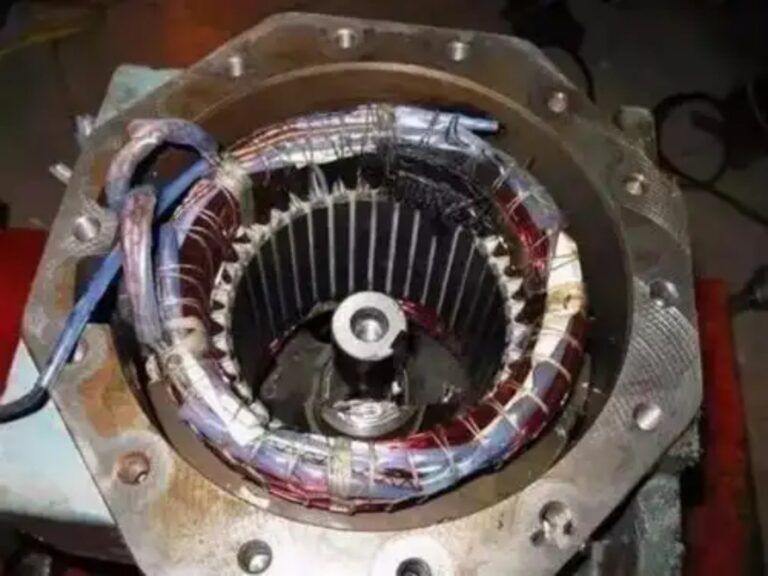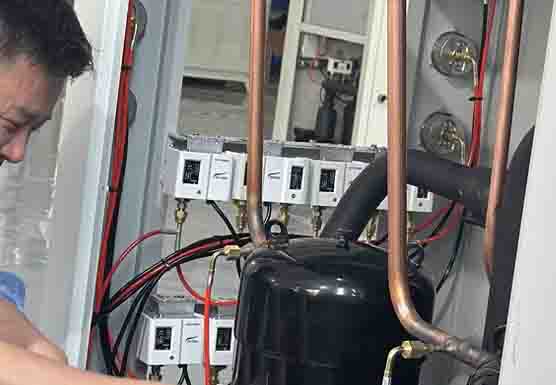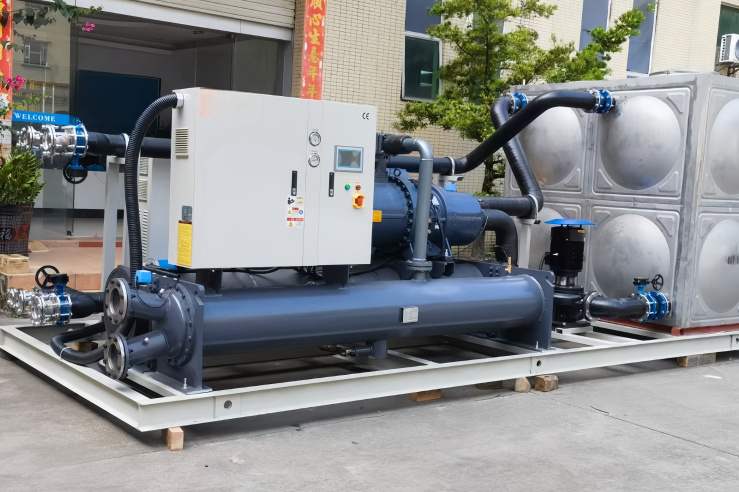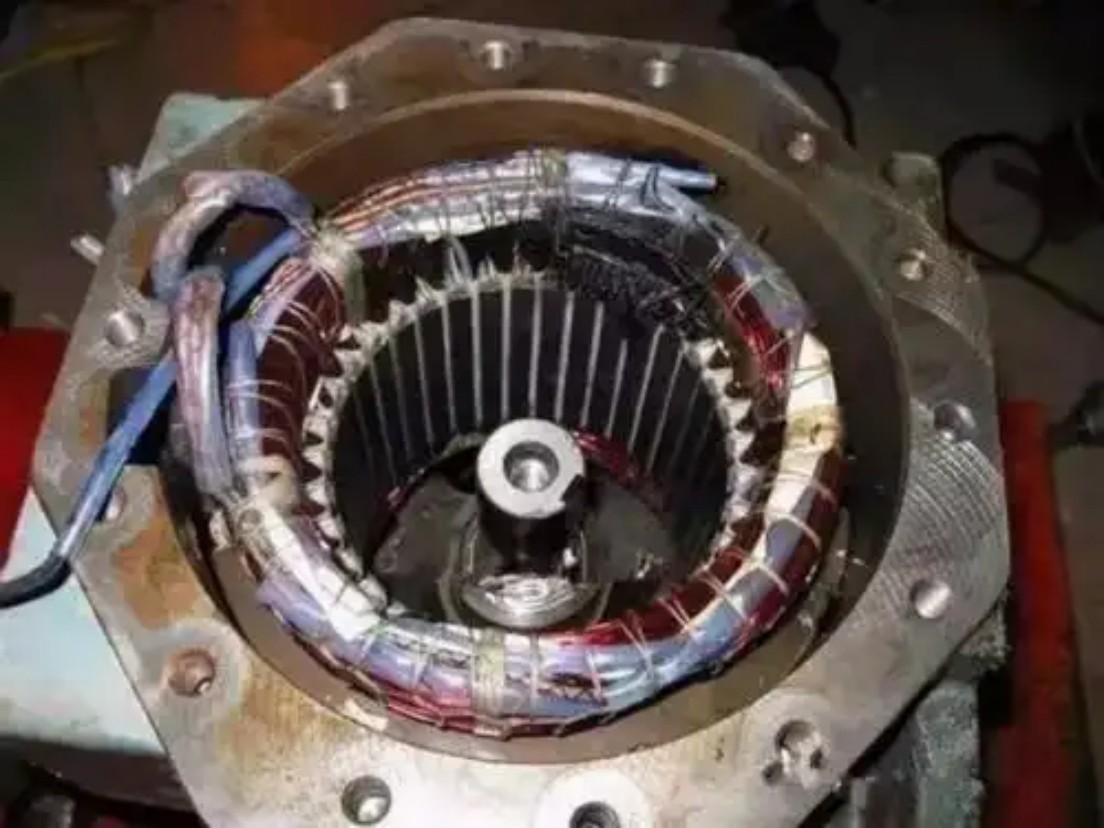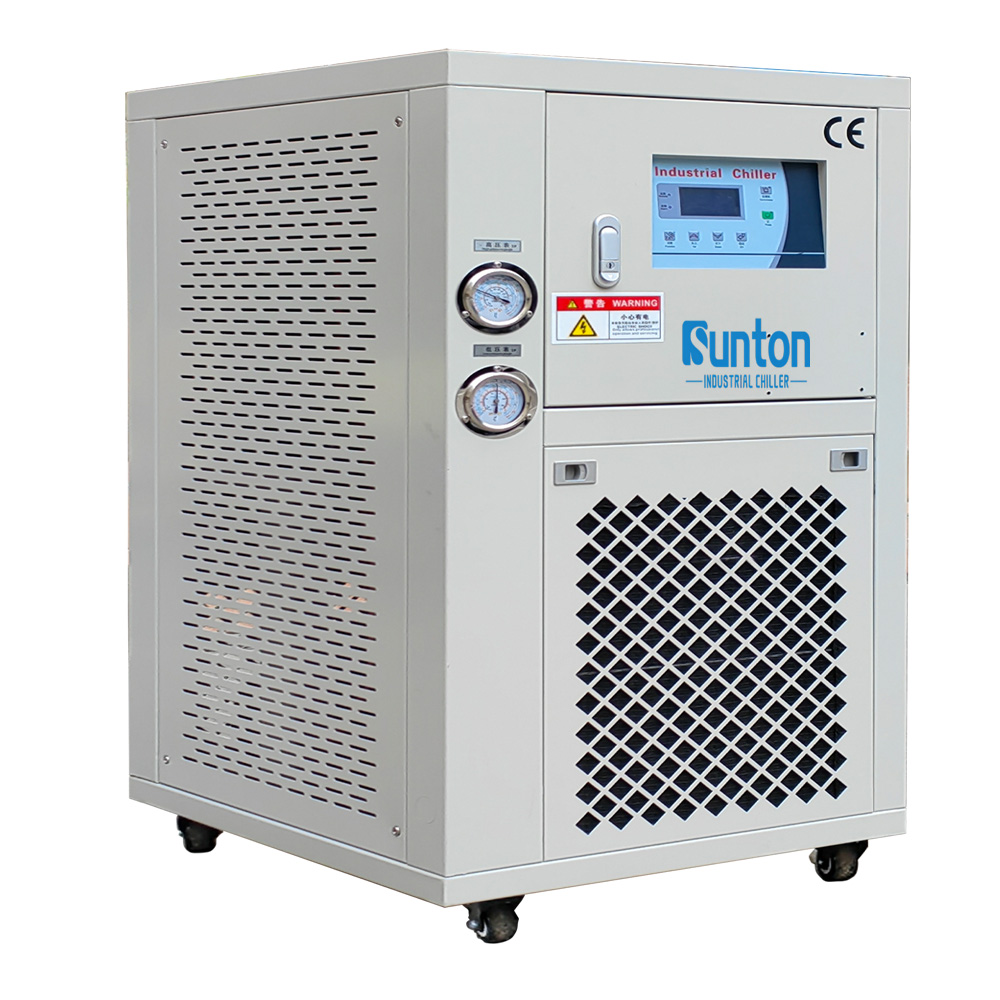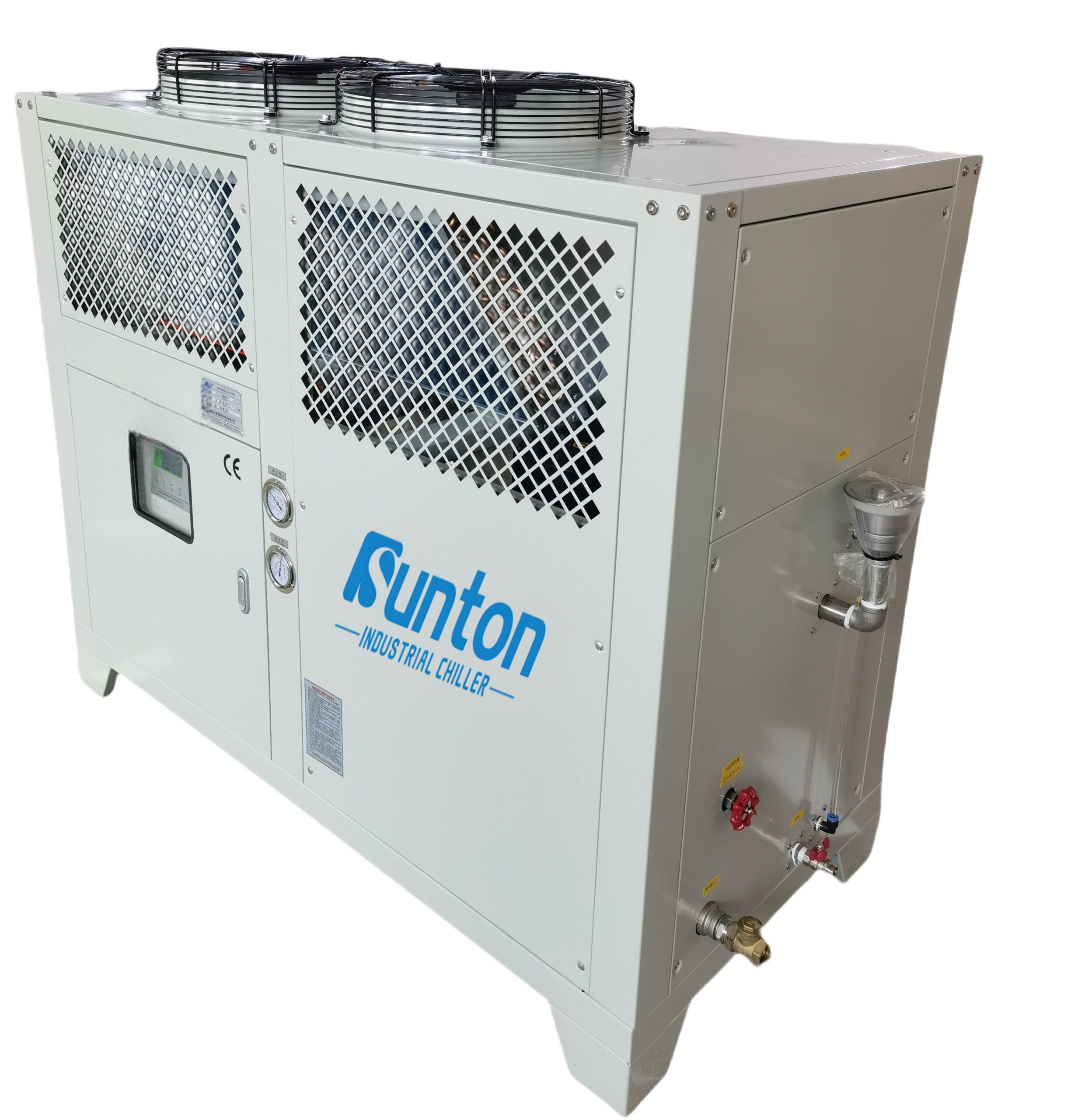-
Dalingshan Industrial Guangdong
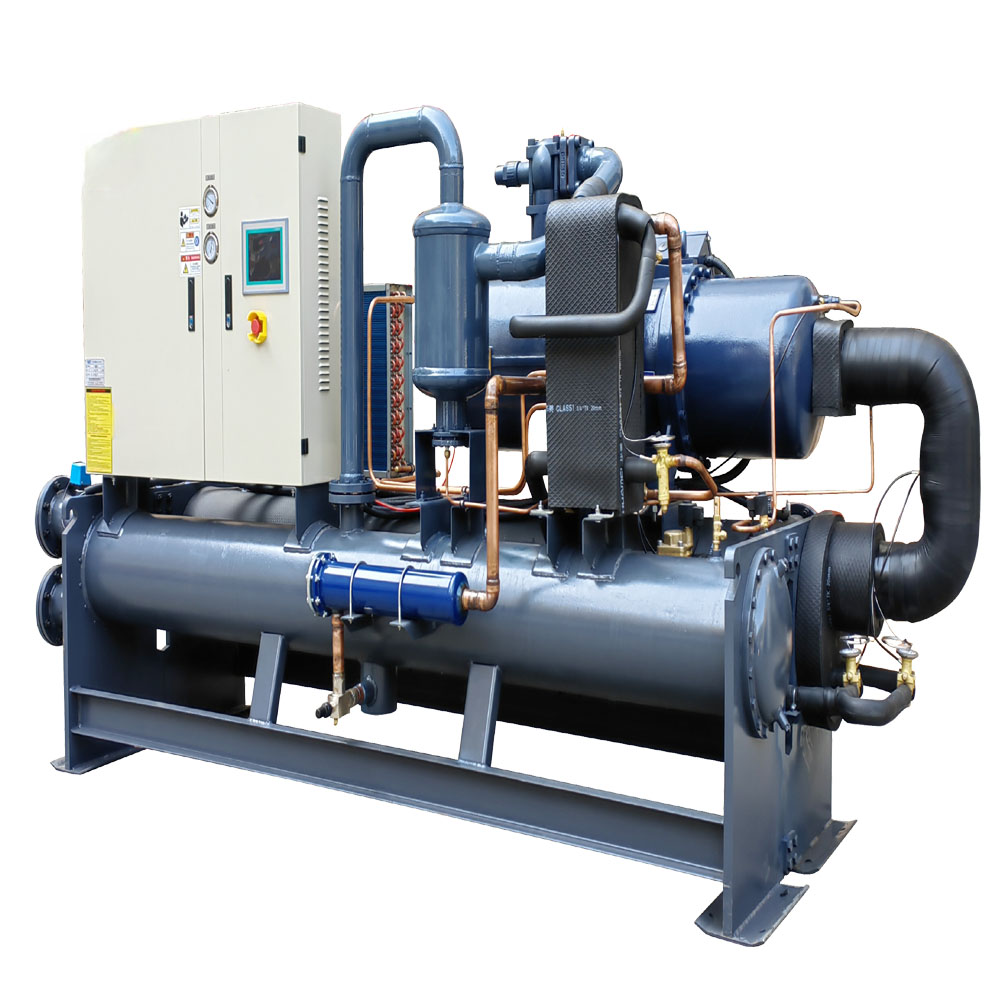
How To Choose The Right Industrial Cooling Solution
Industrial Cooling Solutions For Your Guide
Berbagai jenis sistem pendingin industri tersedia di pasaran dan membantu Anda menentukan mana solusi pendinginan adalah cocok untuk bisnis Anda.
Kami akan membahas secara spesifik setiap sistem, dengan mempertimbangkan faktor-faktor seperti efisiensi energi, biaya, dan persyaratan pemeliharaan. Apakah Anda berada di industri plastik, mengoperasikan pusat data, atau mengelola pabrik pengolahan makanan, memahami kebutuhan pendinginan is crucial for optimal operation and productivity.
Daftar Isi
1. Apa saja jenis utama sistem pendingin industri?
Sistem pendingin industri penting untuk menjaga suhu operasi optimal di berbagai industri. Sistem ini dirancang untuk menyerap panas dari peralatan industri atau proses, memastikan operasi yang lancar dan efisien.
- Sistem Pendingin Udara: Sistem ini memanfaatkan kipas dan udara untuk menghilangkan panas. Produk ini merupakan pilihan umum karena kesederhanaan dan efektivitas biayanya. Namun, efektivitasnya bergantung pada suhu udara sekitar. Sebagai produsen terkemuka, kami menawarkan pendingin sekrup berpendingin udara yang menyediakan pendinginan yang andal dan efisien untuk berbagai aplikasi. Udara sistem pendingin sering digunakan bersama dengan metode pendinginan lain untuk meningkatkan efisiensi keseluruhan.
The teknologi pendinginan yang digunakan dalam sistem ini telah maju secara signifikan dalam beberapa tahun terakhir. sistem pendingin penawaran ditingkatkan efisiensi energi dan kontrol suhu yang tepat, membuatnya ideal untuk berbagai macam aplikasi industri.
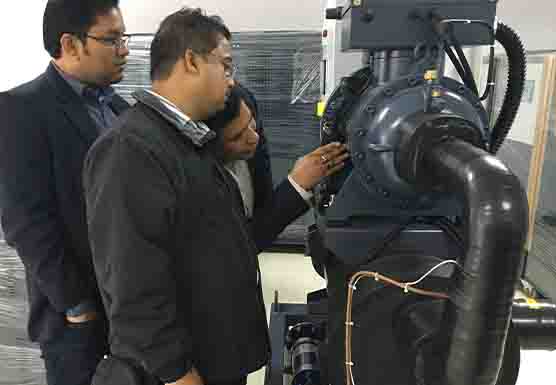
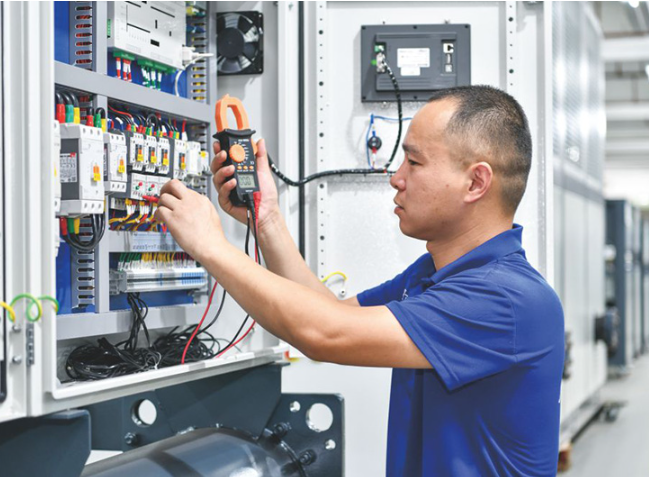
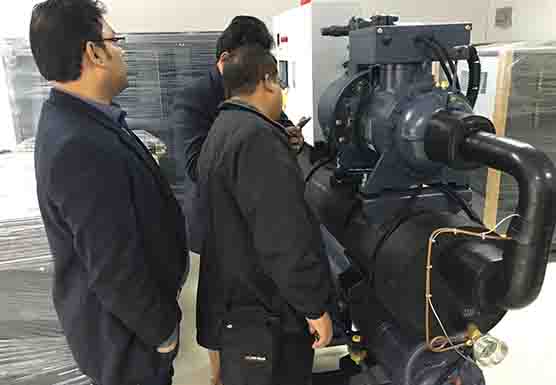
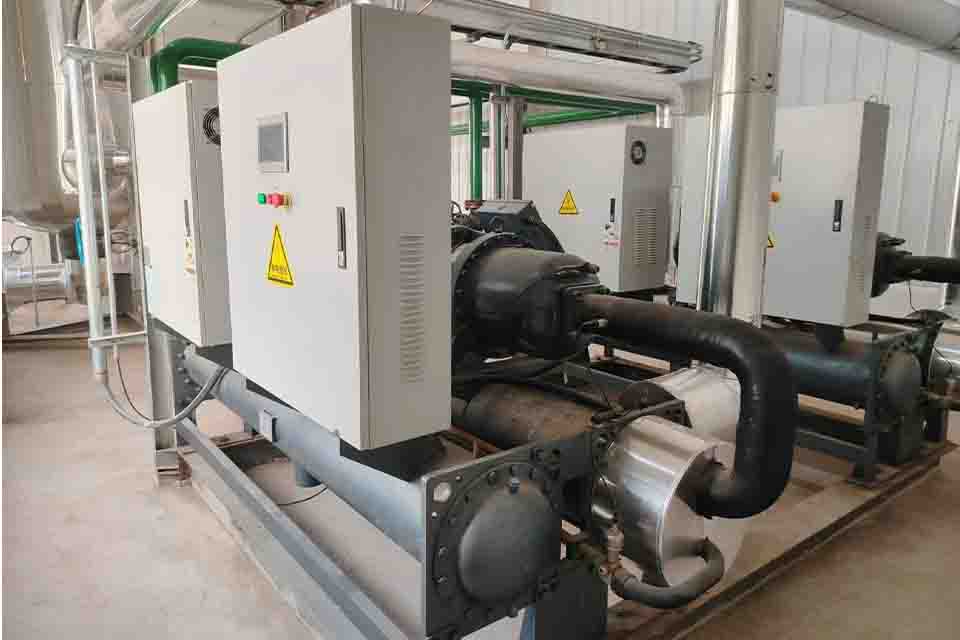
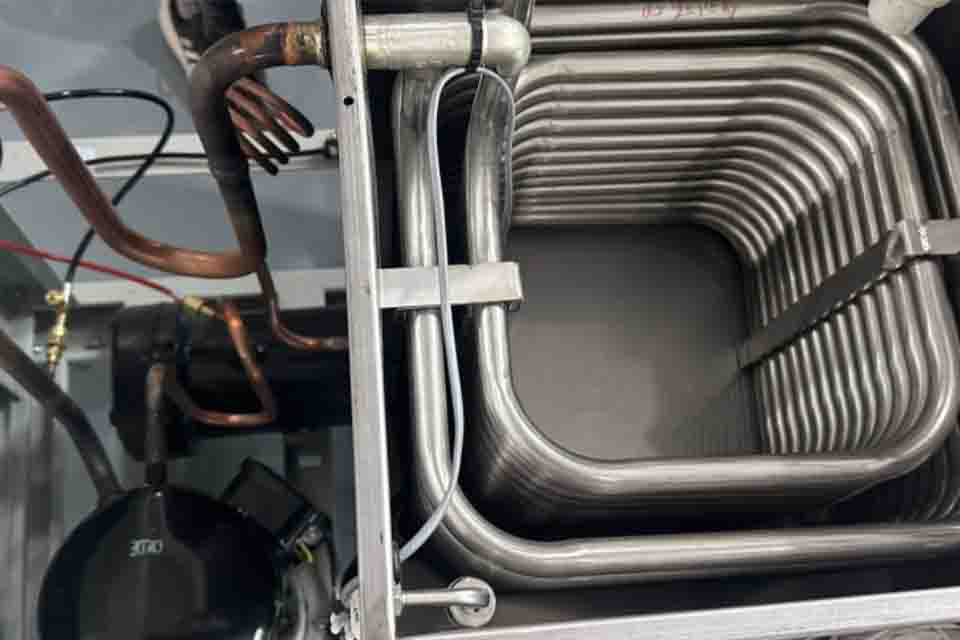
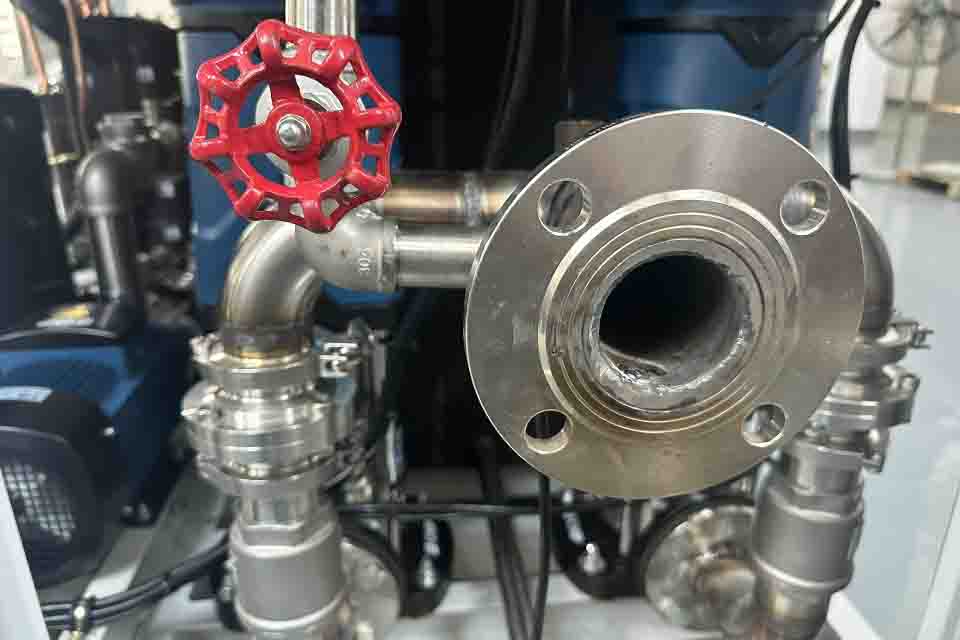
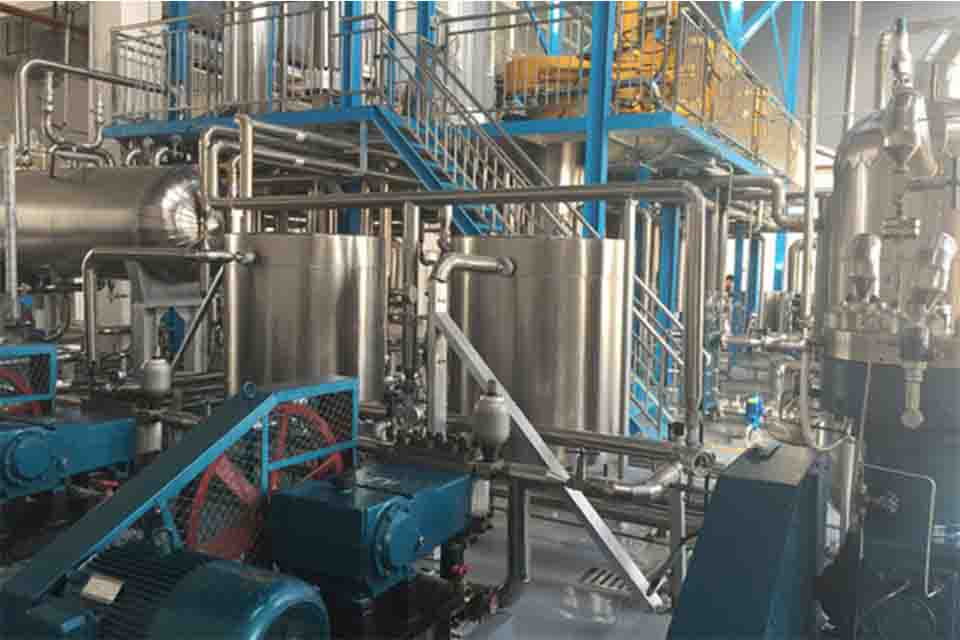
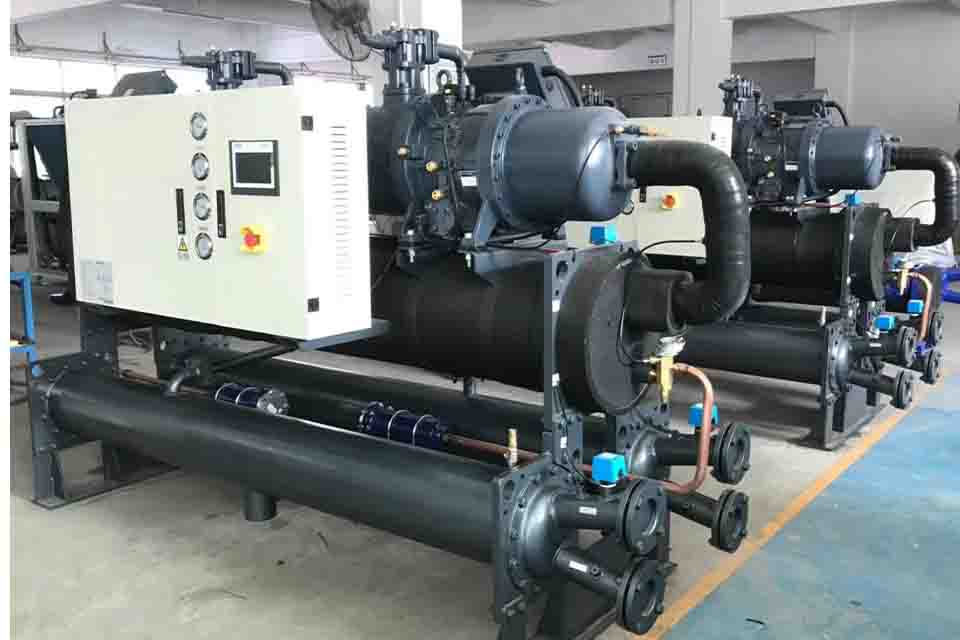
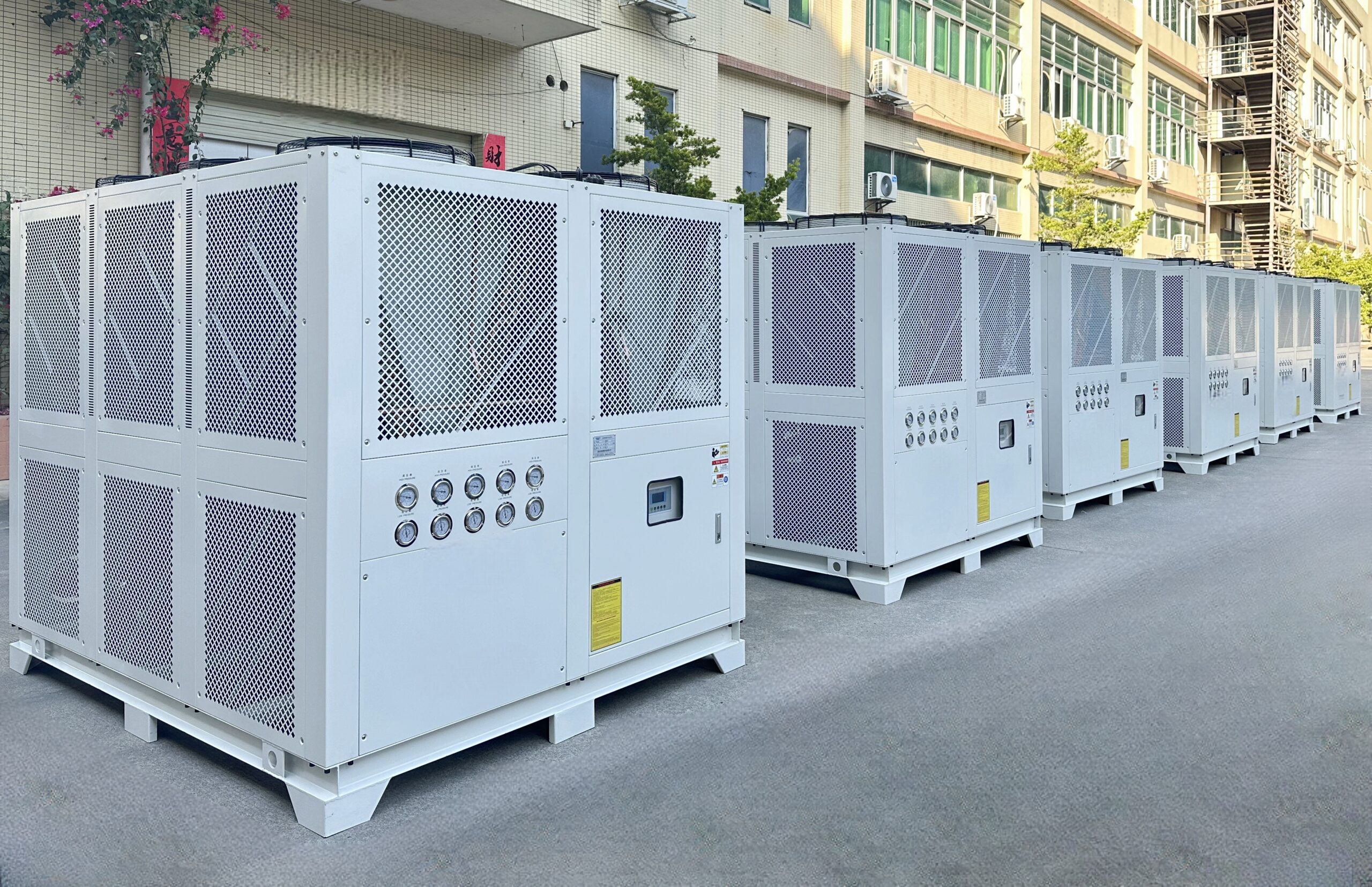
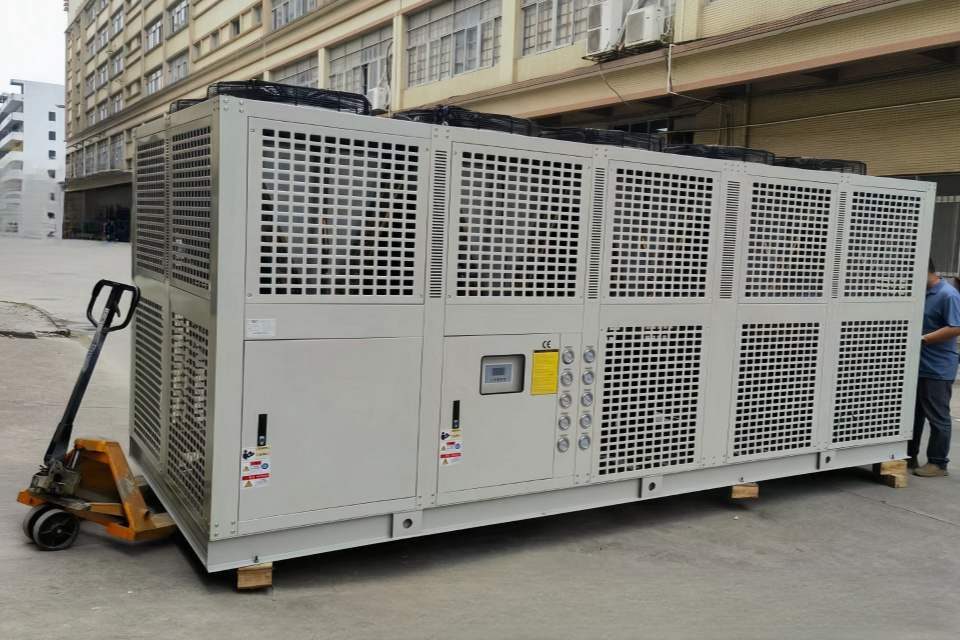
- Industrial cooling systems vary by heat transfer method:
- Water Cooling: Cost-effective, using chilled water for rapid, reliable cooling.
- Dry Cooling: Uses air-cooled exchangers, preventing water loss but less efficient.
- Fluid Coil Cooling: Compact, customizable for refrigeration and water-saving needs.
- Faktor yang Perlu Dipertimbangkan
- No single system is ideal—efficiency depends on piping, recycling, and industry requirements. Cooling systems are vital for heavy industry, handling extreme temperatures with corrosion-resistant materials.
- Need a custom solution? Explore our packaged cooling systems & cooling towers Hari ini!
2. How to Determine the Right Chiller for Your Business Needs?
Water Cooling vs. Dry Cooling vs. Fluid Coil Cooling: Key Differences
Industrial cooling systems vary by heat transfer method:
- Water Cooling: Cost-effective, using chilled water for rapid, reliable cooling.
- Dry Cooling: Uses air-cooled exchangers, preventing water loss but less efficient.
- Fluid Coil Cooling: Compact, customizable for refrigeration and water-saving needs.
Faktor yang Perlu Dipertimbangkan
No single system is ideal—efficiency depends on piping, recycling, and industry requirements. Cooling systems are vital for heavy industry, handling extreme temperatures with corrosion-resistant materials.
Need a custom solution? Explore our packaged cooling systems & cooling towers Hari ini!
Consider the jumlah panas generated by your operations and specific persyaratan pendinginan. the ambient temperature of your facility, and any specific environmental regulations you need to comply with.
- Identifikasi Kebutuhan Pendinginan Anda: Mulailah dengan menentukan beban panas peralatan atau proses Anda. Ini akan membantu Anda memilih solusi pendinginan dengan kapasitas yang sesuai. Konsultasikan dengan ahli kami untuk mendapatkan solusi pendinginan industri disesuaikan dengan kebutuhan Anda. Kami dapat membantu Anda temukan pendinginan industri yang sempurna solusi yang memenuhi kebutuhan spesifik Anda.
- Evaluasi Pilihan Anda: Setelah Anda memahami kebutuhan pendinginan, meneliti berbagai macam jenis sistem pendingin industri tersedia. Pertimbangkan faktor-faktor seperti biaya awal, biaya operasional, persyaratan pemeliharaan, dan dampak lingkungan. Sebagai produsen pendingin air industri, kami menawarkan berbagai pilihan yang sesuai dengan berbagai industri dan aplikasi. Kami menyediakan solusi pendinginan yang ideal dengan menyeimbangkan kinerja, efisiensi, dan efektivitas biaya.
Memilih pendinginan industri yang tepat Solusi ini sangat penting untuk memastikan efisiensi dan keawetan peralatan Anda. Solusi ini juga memengaruhi biaya operasional dan produktivitas Anda secara keseluruhan. Sebaiknya konsultasikan dengan pakar dari tim kami.
3. Apa Manfaat Sistem Pendingin Udara?
Sistem pendingin udara merupakan pilihan populer untuk berbagai aplikasi industri karena kesederhanaannya, keandalannya, dan efektivitas biayanya. Kipas angin digunakan untuk mengalirkan udara di sekitar peralatan, menghilangkan panas, dan mempertahankan suhu operasi yang optimal.
- Kesederhanaan dan Keandalan: Pendingin udara relatif sederhana dalam desain, dengan lebih sedikit bagian yang bergerak dibandingkan dengan jenis lainnya sistem pendinginKesederhanaan ini menghasilkan keandalan yang lebih baik dan persyaratan perawatan yang lebih rendah. Sebagai produsen terkemuka, kami menawarkan berbagai pendingin udara industri dirancang untuk daya tahan dan kinerja jangka panjang.
- Efektivitas Biaya: Sistem pendingin udara biasanya memiliki biaya awal yang lebih rendah dibandingkan dengan cairan sistem pendingin. Mereka juga mengonsumsi lebih sedikit energi dalam banyak kasus, sehingga menghasilkan biaya operasional yang lebih rendah. solusi pendinginan hemat energi dirancang untuk meminimalkan konsumsi energi tanpa mengorbankan kinerja. Misalnya, pendingin udara industri menyediakan pendinginan yang efektif sekaligus menjaga biaya energi tetap terkendali.
4. Mengapa Mempertimbangkan Pendinginan Evaporatif untuk Proses Industri?
Pendinginan evaporatif adalah suatu hal yang alami dan pendinginan hemat energi Metode yang telah digunakan selama berabad-abad. Metode ini bekerja dengan menguapkan air, yang menyerap panas dari udara sekitar, sehingga menghasilkan efek pendinginan.
- Efisiensi Energi: Sistem pendingin evaporatif dikenal karena tingginya efisiensi energi. Sistem pendingin udara ini mengonsumsi energi yang jauh lebih sedikit dibandingkan dengan sistem pendingin udara tradisional, sehingga menjadikannya pilihan yang ramah lingkungan. solusi pendinginan menggabungkan teknologi pendinginan evaporatif canggih untuk memaksimalkan penghematan energi.
- Pendinginan yang Efektif: Pendinginan evaporatif dapat menyediakan pendinginan yang efektif dalam berbagai pengaturan industri. Sangat cocok untuk iklim panas dan kering, tetapi juga dapat digunakan di area yang lebih lembab dengan ventilasi yang tepat. Keahlian kami dalam pendinginan evaporatif memungkinkan kami untuk merancang solusi yang disesuaikan bahkan untuk aplikasi yang paling menuntut sekalipun. Tim kami dapat memberikan saran ahli tentang kesesuaian solusi pendinginan.
5. Bagaimana Memilih Teknologi Pendinginan yang Tepat untuk Kebutuhan Spesifik Anda?
Memilih teknologi pendinginan yang tepat Untukmu persyaratan pendinginan khusus melibatkan pertimbangan yang cermat terhadap berbagai faktor. Ini termasuk jenis proses industri, beban panas, suhu sekitar, dan pertimbangan lingkungan atau peraturan apa pun.
- Menilai Kebutuhan Anda: Mulailah dengan mengevaluasi spesifik Anda kebutuhan pendinginan. Pertimbangkan jumlah panas dihasilkan oleh peralatan atau proses Anda, serta kisaran suhu pengoperasian yang diperlukan. Sebagai produsen terkemuka pendingin industri, kami menawarkan berbagai macam teknologi dan sistem pendingin tersedia untuk memenuhi beragam persyaratan.
- Konsultasikan dengan Ahlinya: Memilih yang tepat teknologi bisa jadi rumit. Konsultasi dengan tim ahli kami dapat membantu Anda membuat keputusan yang tepat. Kami dapat menganalisis kebutuhan Anda dan merekomendasikan solusi yang paling sesuai. solusi pendinginanKami ahli dalam mendesain solusi pendinginan industri yang disesuaikan untuk kebutuhan industri tertentu, seperti menara pendingin.
6. Apa yang Harus Anda Ketahui Sebelum Membeli Sistem Pendingin Industri?
Membeli sistem pendingin industri merupakan investasi yang signifikan. Sangat penting untuk meneliti pilihan Anda secara menyeluruh dan mempertimbangkan berbagai faktor sebelum melakukan pembelian.
- Kapasitas Pendinginan: Tentukan yang dibutuhkan kapasitas pendinginan berdasarkan perhitungan beban panas Anda. Memilih yang tepat kapasitas sangat penting untuk operasi yang efisien dan efektif. Sebagai produsen pendingin air industri, kami menawarkan berbagai model dengan kapasitas bervariasi untuk memenuhi kebutuhan yang berbeda-beda.
- Efisiensi Energi: Pilih solusi pendinginan yang hemat energi untuk mengurangi biaya operasional dan meminimalkan jejak lingkungan Anda. sistem pendingin dirancang dengan mempertimbangkan efisiensi energi, menggabungkan teknologi canggih untuk mengoptimalkan kinerja sekaligus meminimalkan konsumsi energi.
- Persyaratan Perawatan: Pertimbangkan persyaratan pemeliharaan sistem pendinginPerawatan rutin sangat penting untuk memastikan kinerja dan umur panjang yang optimal. pendingin industri dirancang untuk kemudahan perawatan, dengan komponen yang mudah diakses dan antarmuka yang ramah pengguna.
7. Seberapa Penting Efisiensi Energi dalam Pendinginan Industri?

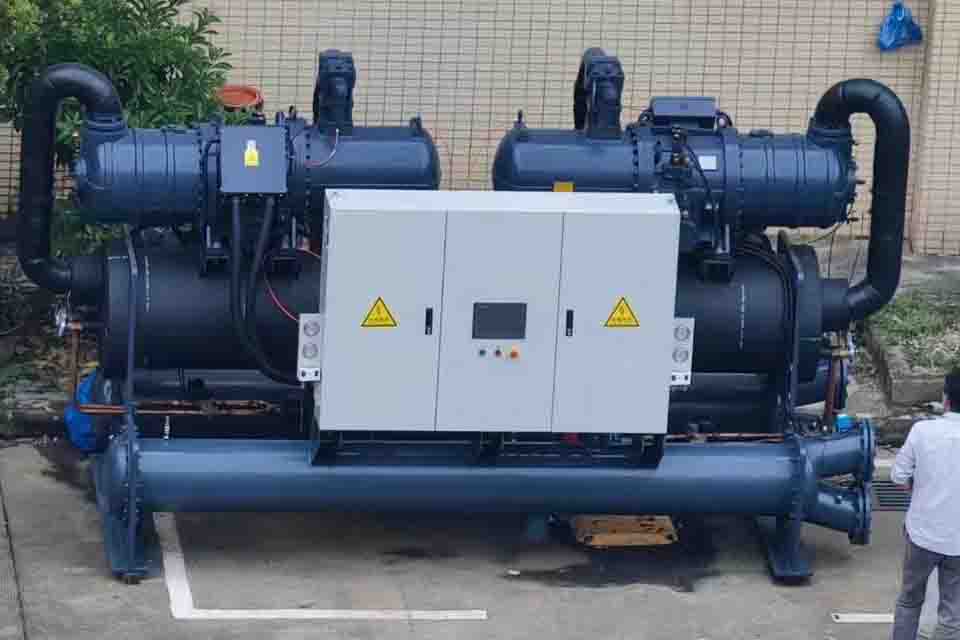
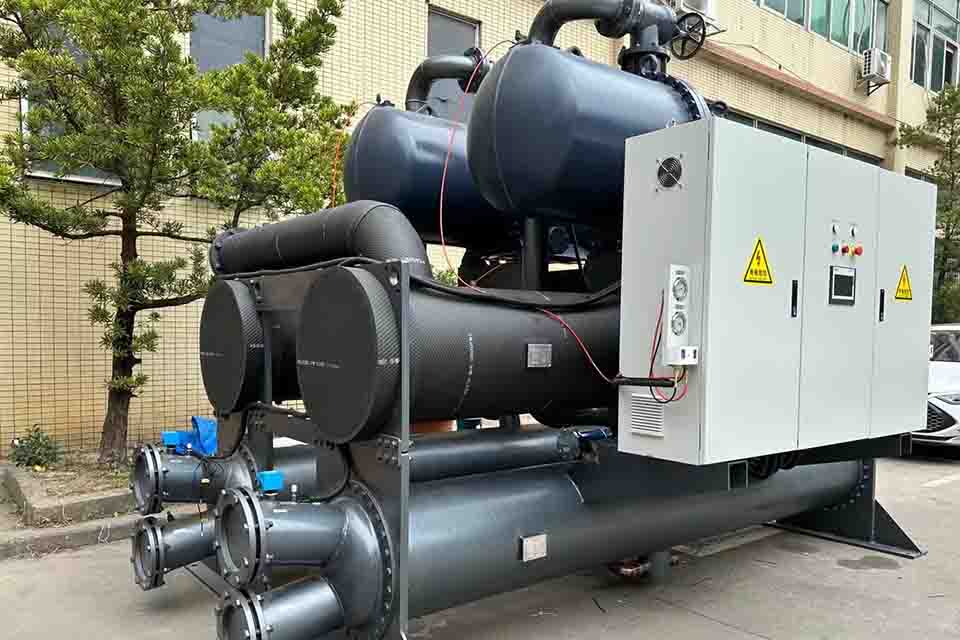
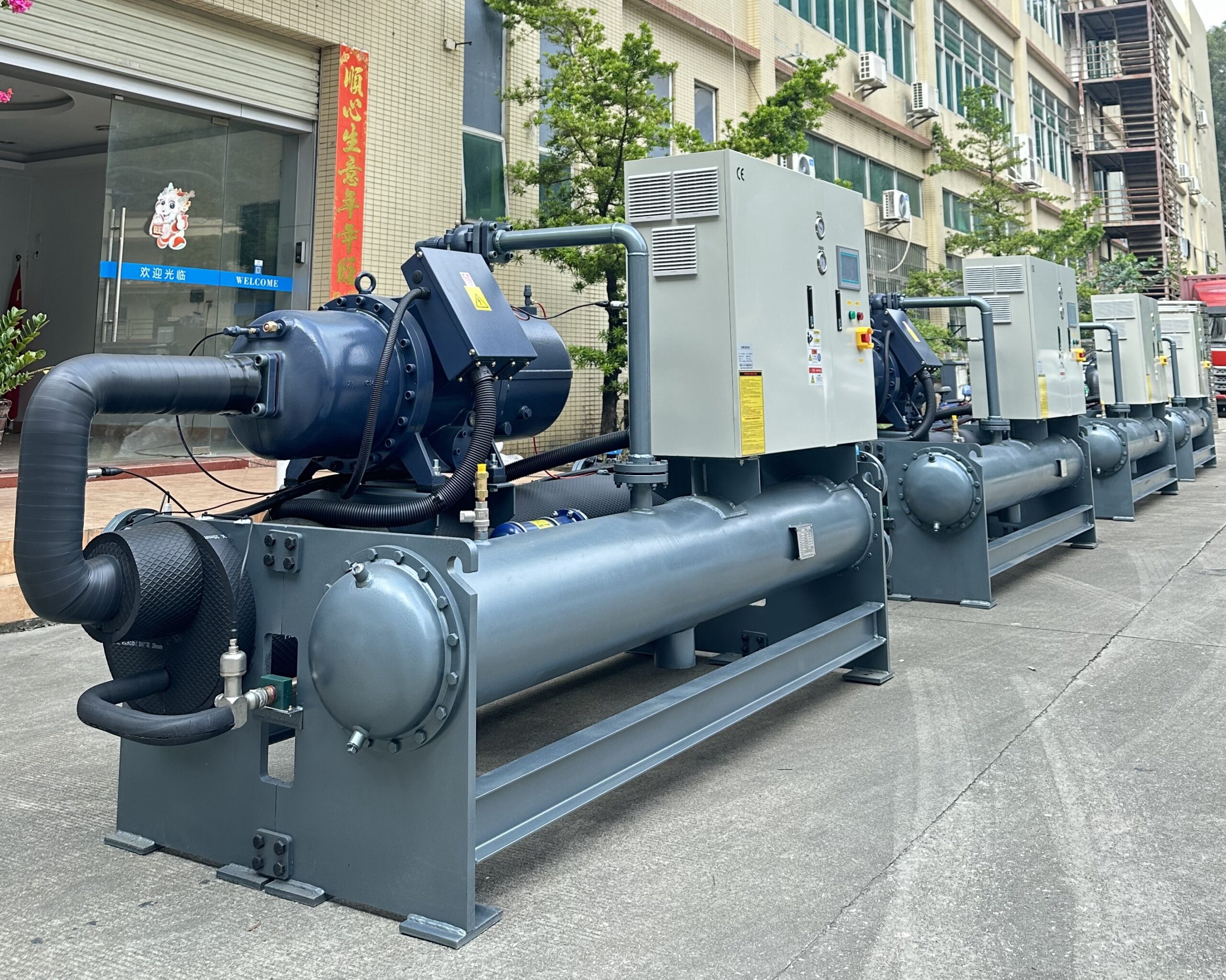
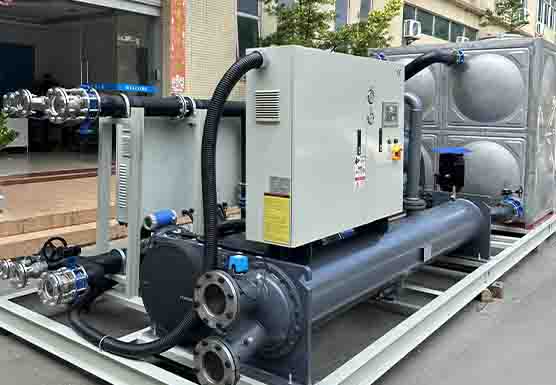
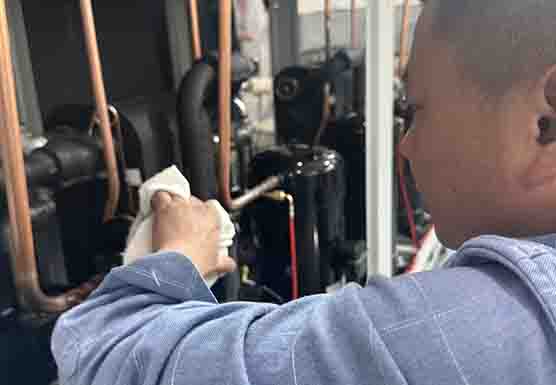
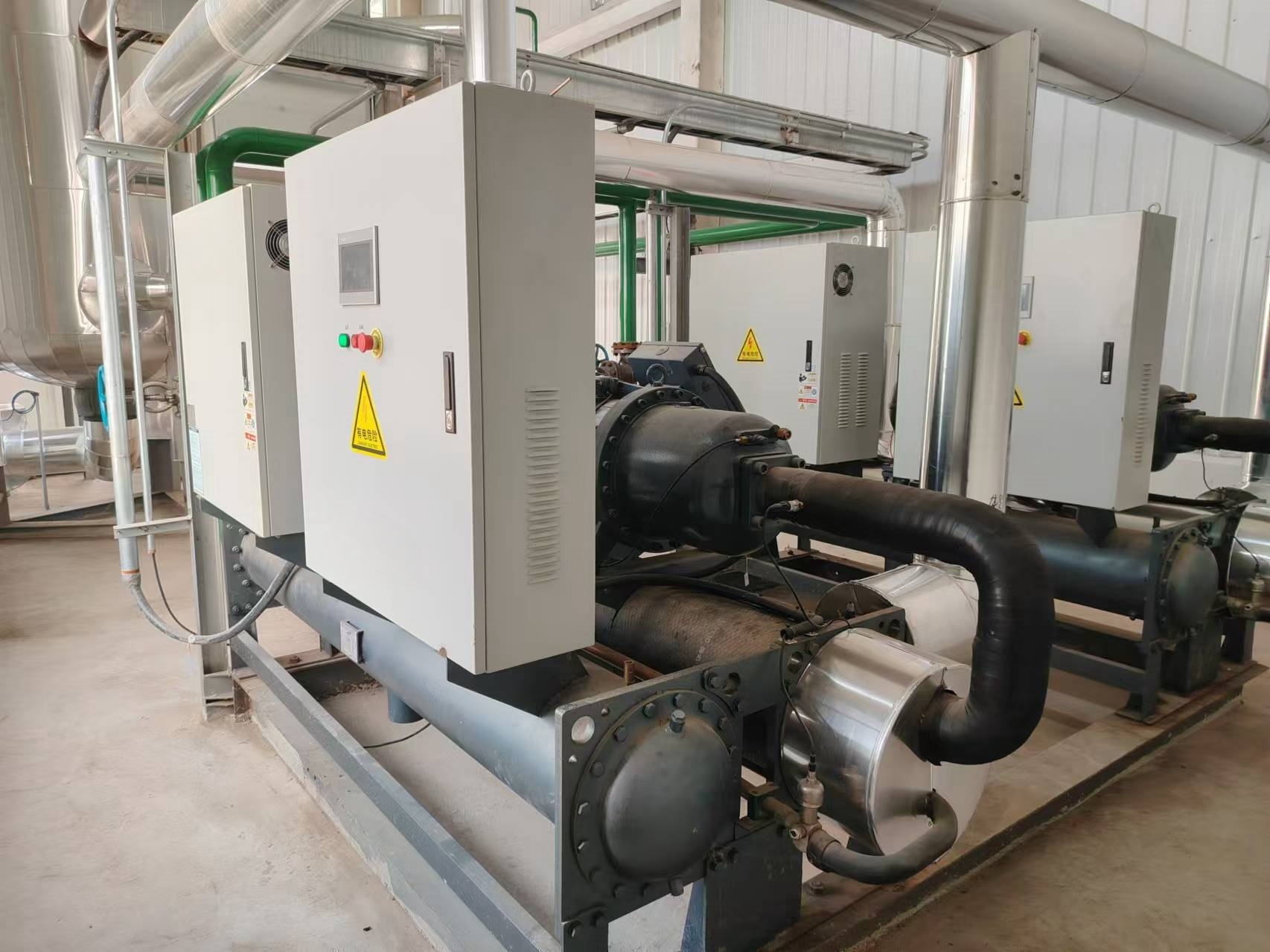
Efisiensi energi merupakan pertimbangan penting dalam pendinginan industriIni berdampak langsung pada biaya operasional dan jejak lingkungan Anda. Memilih yang tepat sistem hemat energi dapat menghasilkan penghematan jangka panjang yang signifikan.
- Penghematan Biaya: Solusi pendinginan hemat energi mengonsumsi lebih sedikit energi, sehingga tagihan listrik menjadi lebih rendah. sistem pendingin dirancang untuk mengoptimalkan penggunaan energi, membantu Anda mengurangi biaya operasional.
- Dampak Lingkungan: Mengurangi konsumsi energi juga mengurangi jejak karbon Anda. Memilih pendinginan yang hemat energi sejalan dengan tujuan keberlanjutan dan menunjukkan tanggung jawab perusahaan. Kami berkomitmen untuk mengembangkan solusi pendinginan yang meminimalkan dampak lingkungan.
8. Apa itu Solusi Khusus dan Bagaimana Solusi Itu Dapat Menguntungkan Bisnis Anda?
Solusi yang disesuaikan disesuaikan untuk memenuhi kebutuhan spesifik bisnis Anda. Mereka dapat menawarkan kinerja, efisiensi, dan keandalan yang lebih baik dibandingkan dengan solusi yang sudah ada. Tim kami mengkhususkan diri dalam menyediakan solusi yang disesuaikan sistem pendingin yang menjawab kebutuhan unik Anda.
- Kinerja yang Dioptimalkan: Solusi yang disesuaikan dirancang untuk mengoptimalkan kinerja untuk aplikasi spesifik Anda. Hal ini dapat menghasilkan peningkatan efisiensi, pengurangan waktu henti, dan peningkatan produktivitas. Keahlian kami di berbagai industri memungkinkan kami untuk mengembangkan solusi yang disesuaikan sesuai kebutuhan spesifik Anda.
- Fleksibilitas dan Skalabilitas: Solusi yang disesuaikan dapat dirancang untuk beradaptasi dengan kebutuhan Anda yang berubah. Apakah Anda memerlukan tambahan kapasitas pendinginan atau perlu mengintegrasikan sistem pendingin dengan peralatan lain, kami dapat memberikan solusi yang fleksibel dan terukur. solusi pendinginan dirancang untuk tumbuh bersama bisnis Anda.
9. Apa saja jenis-jenis Pendingin Industri?
Pendingin industri tersedia dalam berbagai jenis, masing-masing dirancang untuk aplikasi dan persyaratan pendinginan tertentu. Memahami perbedaan antara jenis-jenis ini sangat penting untuk memilih yang tepat sistem untuk kebutuhan Anda.
- Pendingin Berpendingin Udara: Pendingin ini menggunakan udara sekitar untuk menghilangkan panas. Pendingin ini biasanya lebih kompak dan lebih mudah dipasang dibandingkan dengan pendingin berpendingin air. pendingin berpendingin udara dirancang untuk efisiensi dan keandalan, menjadikannya pilihan populer bagi banyak industri. Kami juga menawarkan Pendingin glikol yang cocok untuk banyak industri.
- Pendingin Berpendingin Air: Pendingin ini menggunakan air sebagai media pendingin. Pendingin ini umumnya lebih efisien daripada pendingin udara, terutama di lingkungan dengan suhu tinggi. pendingin berpendingin air dirancang untuk kinerja maksimal dan penghematan energi.
10. Apa saja pertimbangan utama untuk pendinginan industri di lingkungan komersial dan industri?
Pendinginan industri dalam pengaturan komersial dan industri memerlukan perencanaan yang cermat dan pertimbangan berbagai faktor. sistem pendingin harus dapat diandalkan, efisien, dan mampu memenuhi tuntutan spesifik aplikasi.
- Keandalan: Yang terpilih sistem pendingin dapat diandalkan dan mampu beroperasi terus menerus tanpa sering mengalami kerusakan. Waktu henti dapat merugikan dalam lingkungan industri, jadi keandalan adalah yang terpenting. pendingin industri dibuat untuk menahan kerasnya pengoperasian berkelanjutan, memastikan waktu aktif maksimum.
- Efisiensi: Efisiensi energi sangat penting untuk meminimalkan biaya operasional. Pilih solusi pendinginan yang hemat energi untuk mengurangi tagihan listrik dan dampak lingkungan. sistem pendingin menggabungkan teknologi canggih untuk mengoptimalkan penggunaan energi. efisiensi pendinginan juga penting untuk menjaga produktivitas.
Tanya Jawab:
Apa perbedaan antara pendingin berpendingin udara dan pendingin berpendingin air?
Pendingin berpendingin udara menggunakan udara sekitar untuk menghilangkan panas, sedangkan pendingin berpendingin air menggunakan air sebagai media pendingin. Pendingin berpendingin air umumnya lebih efisien, terutama di lingkungan dengan suhu tinggi.
Bagaimana cara menentukan kapasitas pendinginan yang tepat untuk kebutuhan saya?
Anda perlu menghitung beban panas yang dihasilkan oleh peralatan atau proses Anda. Hal ini melibatkan pertimbangan faktor-faktor seperti konsumsi daya peralatan Anda, kisaran suhu pengoperasian, dan suhu sekitar fasilitas Anda.
Apa keuntungan menggunakan solusi pendinginan yang disesuaikan?
Solusi yang disesuaikan disesuaikan dengan kebutuhan spesifik Anda, menawarkan kinerja yang optimal, efisiensi yang ditingkatkan, dan keandalan yang lebih baik. Produk ini juga dapat dirancang untuk beradaptasi dengan kebutuhan Anda yang terus berubah, sehingga memberikan fleksibilitas dan skalabilitas.
Seberapa penting efisiensi energi dalam pendinginan industri?
Efisiensi energi sangat penting untuk meminimalkan biaya pengoperasian dan mengurangi dampak lingkungan Anda. Solusi pendinginan hemat energi mengonsumsi lebih sedikit energi, sehingga tagihan listrik lebih rendah dan jejak karbon lebih kecil.
Mengapa sistem pendinginan yang tepat penting untuk proses industri?
Proses industri menghasilkan panas yang signifikan. Pendinginan yang tepat penting untuk menjaga suhu operasi yang optimal, mencegah kerusakan peralatan, dan memastikan kualitas produk.
Perawatan apa yang diperlukan untuk sistem pendingin industri?
Perawatan rutin sangat penting untuk memastikan kinerja dan umur panjang yang optimal. sistem pendingin industriIni termasuk tugas-tugas seperti membersihkan filter, memeriksa level refrigeran, dan memeriksa komponen untuk mengetahui keausan dan kerusakan.
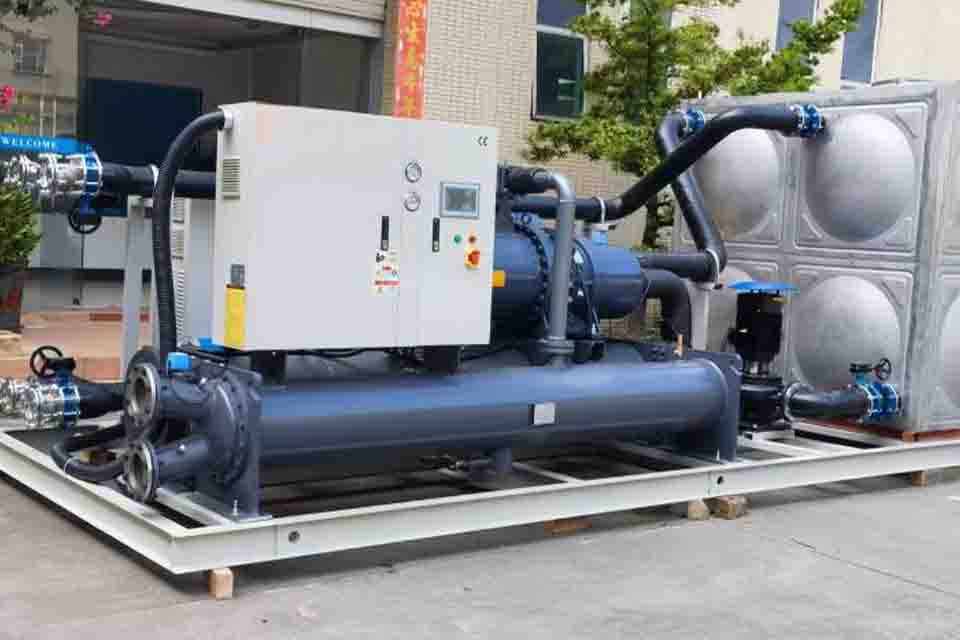
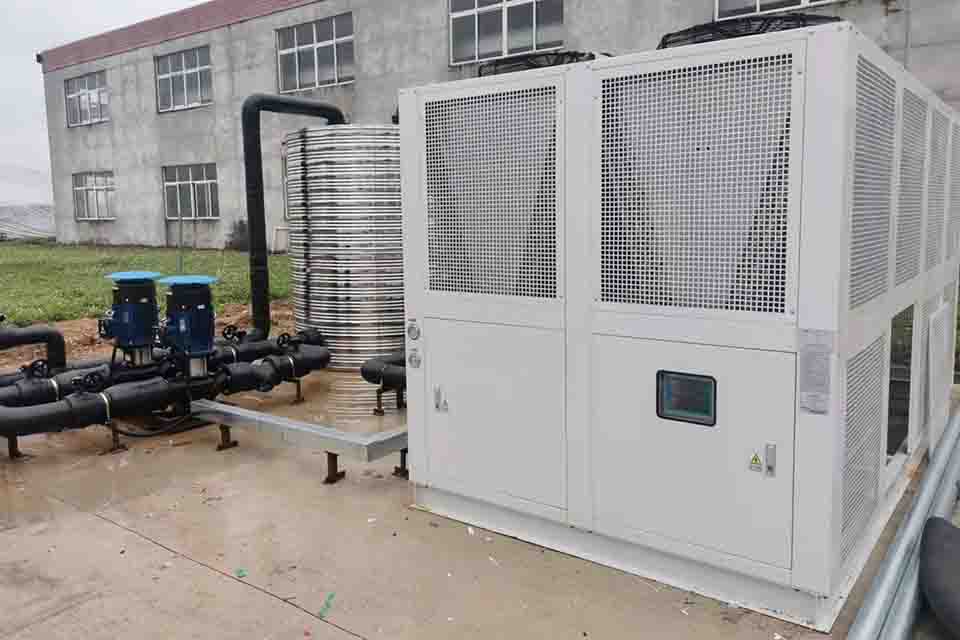
Kesimpulan:
- Memilih solusi pendinginan industri yang tepat penting untuk menjaga suhu operasi yang optimal, memastikan efisiensi, dan memaksimalkan produktivitas.
- Ada berbagai macam jenis sistem pendingin industri tersedia, termasuk udara sistem pendingin, cairan sistem pendingin, dan menguap sistem pendingin.
- Menemukan kecocokan yang tepat Untukmu kebutuhan bisnis melibatkan penilaian hati-hati terhadap spesifik Anda persyaratan pendinginan dan mengevaluasi berbagai pilihan yang tersedia.
- Efisiensi energi merupakan pertimbangan penting dalam pendinginan industri, karena hal ini berdampak langsung pada biaya operasional dan jejak lingkungan Anda.
- Solusi yang disesuaikan dapat menawarkan peningkatan kinerja, efisiensi, dan keandalan dibandingkan dengan solusi yang tersedia di pasaran.
- Perawatan rutin sangat penting untuk memastikan kinerja dan umur panjang yang optimal. sistem pendingin industri.
- Berkonsultasi dengan para ahli dapat membantu Anda membuat keputusan yang tepat dan memilih yang paling sesuai. solusi pendinginan untuk kebutuhan anda.
- Yang terpilih sistem pendingin dapat diandalkan, efisien, dan mampu memenuhi tuntutan spesifik aplikasi Anda.
- Kami pendingin industri dirancang untuk daya tahan, kemudahan perawatan, dan kinerja maksimal.
- Kami berkomitmen untuk mengembangkan solusi pendinginan yang meminimalkan dampak lingkungan dan membantu Anda mencapai tujuan keberlanjutan.
Dengan memahami berbagai jenis sistem pendingin industri dan dengan mempertimbangkan faktor-faktor yang dibahas dalam artikel ini, Anda dapat membuat keputusan yang tepat dan memilih solusi pendinginan yang tepat untuk bisnis Anda.
Remember, the sistem pendingin yang tepat dapat berdampak signifikan pada efisiensi operasional, produktivitas, dan kesuksesan Anda secara keseluruhan. Sebagai produsen terkemuka pendingin air industri, we are here to help you every step of the way.
Contact us today to learn more about our solusi pendinginan dan bagaimana kami dapat membantu Anda menemukan yang paling sesuai dengan kebutuhan Anda. Kami berdedikasi untuk menyediakan solusi pendinginan superior yang memenuhi persyaratan unik dari berbagai industri, termasuk Industri Plastik dan Karet, Industri Permesinan, Industri Makanan dan Minuman, Industri Kimia dan Farmasi, Industri Elektronik, Industri Laser, Industri Percetakan, Industri Medis, Laboratorium dan Lembaga Penelitian, dan Pusat Data.
Kami pendingin anti ledakan dirancang khusus untuk industri dengan persyaratan keselamatan yang ketat. Untuk aplikasi yang lebih menuntut, pendingin sentral sekrup berpendingin air memberikan kinerja pendinginan yang luar biasa. Selain itu, penukar panas cangkang dan tabung menawarkan solusi perpindahan panas yang efisien. Terakhir, pendingin susu sapi perah sangat cocok untuk industri makanan dan minuman, menjamin kualitas dan keamanan produk.

